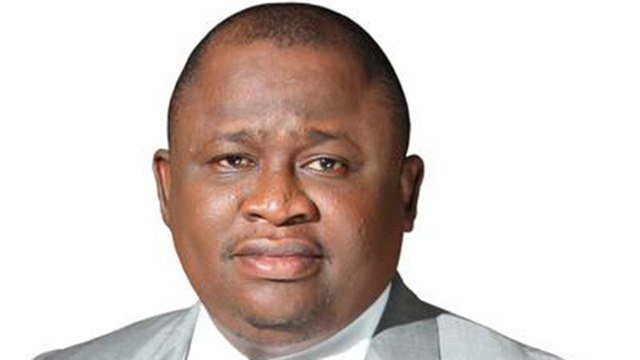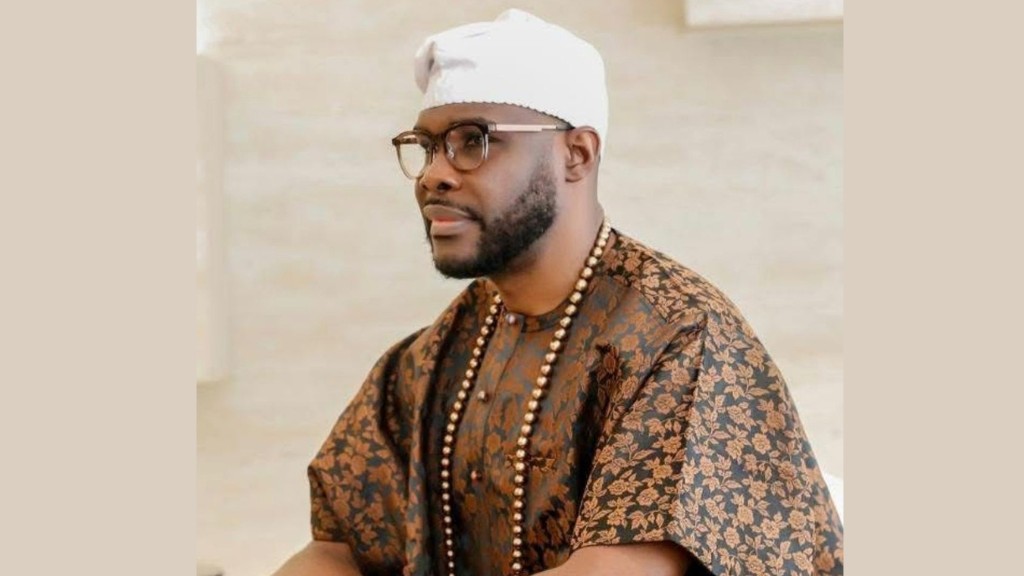Sir: In 2021, the Nigerian Communications Commission (NCC) implemented the International Terminal Rate (ITR) for voice services which determined the floor price for terminating international calls on local networks in Nigeria to be 0.045 USD. This is now paid in U.S. Dollars to compensate network providers for any devaluation in the Naira.
It was previously paid in Naira but had a negative impact on telecommunications operators as a result of the incessant fluctuations of the Naira. Operators are open to negotiate with international partners above the floor price. This encourages fair competition between small and large network providers as the larger firms cannot undercut smaller firms in pricing to drive them out.
Furthermore, the NCC has launched an online consumer complaints platform where consumers can lodge complaints about service providers. This initiative has streamlined the resolution process, empowering consumers to voice their concerns and receive timely responses. It has also initiated campaigns to educate consumers about their rights and available services, allowing them to make informed choices and lodge complaints effectively.
Despite its significant contributions, the NCC faces several limitations that hinder its success. Some of the challenges include political influence, lack of consumer awareness, technological evolution, limited resources, infrastructural issues, coordination with other agencies and enforcement limitations. As with many regulatory bodies, political pressure can lead to biased decision-making, undermining the NCC’s independence and decision-making process.
Even though the NCC has made efforts in consumer education, there remains a significant gap in awareness, particularly in rural areas.
Many consumers are not fully aware of their rights or the services available to them, limiting their ability to hold providers accountable.
Also, the rapid evolution of technology such as 5G or digital services often overtakes the NCC’s regulatory framework, making it difficult to implement timely and relevant policies. There’s also insufficient funding and shortage of staff, who are up to date in emerging technologies, which can hinder the NCC’s ability to carry out extensive research, conduct audits, and implement effective monitoring systems.
Additionally, the NCC can use automated systems such as AI and machine-learning to analyse criminal patterns, flag anomalies such as repeated short calls or bulk call forwarding and link associates in a crime network. The NCC can use cell tower signals to accurately locate phones during crimes in real-time.
To effectively use these cell towers, it should upgrade network capabilities to support immediate location fixes and can also encourage telecom providers to establish their networks in rural and isolated areas, where criminals may go to hide.
In collaboration with security agencies, the NCC should equip security agencies with lawful interception hardware to capture live location and metadata of suspect phones. The Nigerian police and DSS already have tracking kits, but they are limited. These should be expanded and updated to improve accuracy in tracking criminals and suspects.
To encourage telecom operators to expand to rural areas, the NCC in collaboration with the government can offer subsidies or reduced taxes to telecom operators to make rural expansion more affordable.
It can make reforms to its regulations by reducing red tape for telecom companies that want to expand to rural areas.
The NCC should also collaborate with other government agencies to secure funds and tax policy changes for effective rural integration.
Tare-Ebi Victory Guanah is a graduate of Media and Communications.






